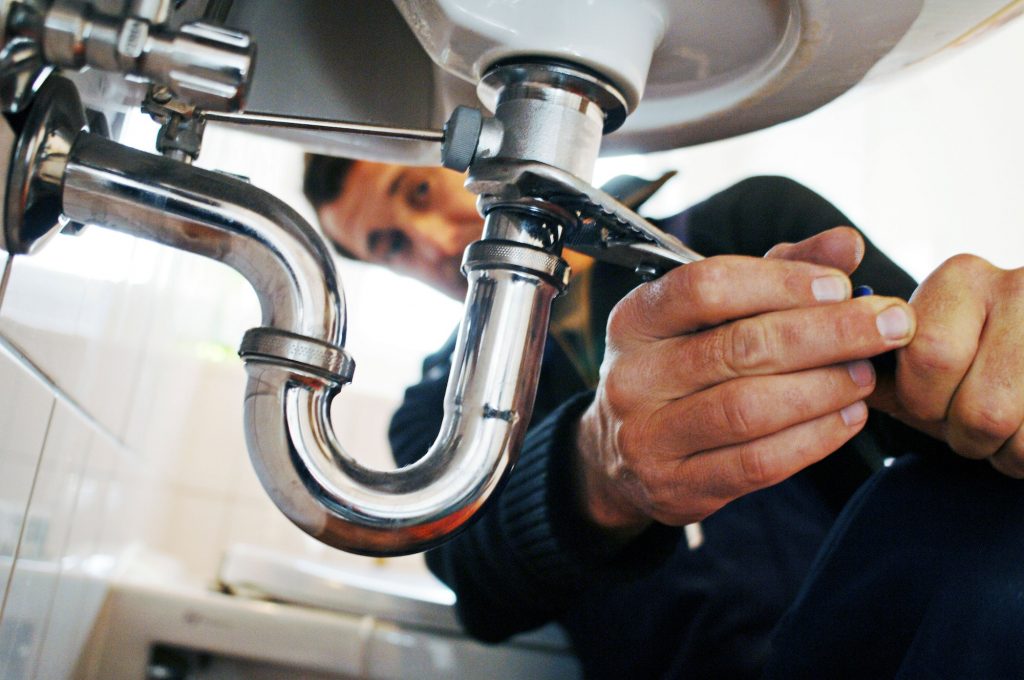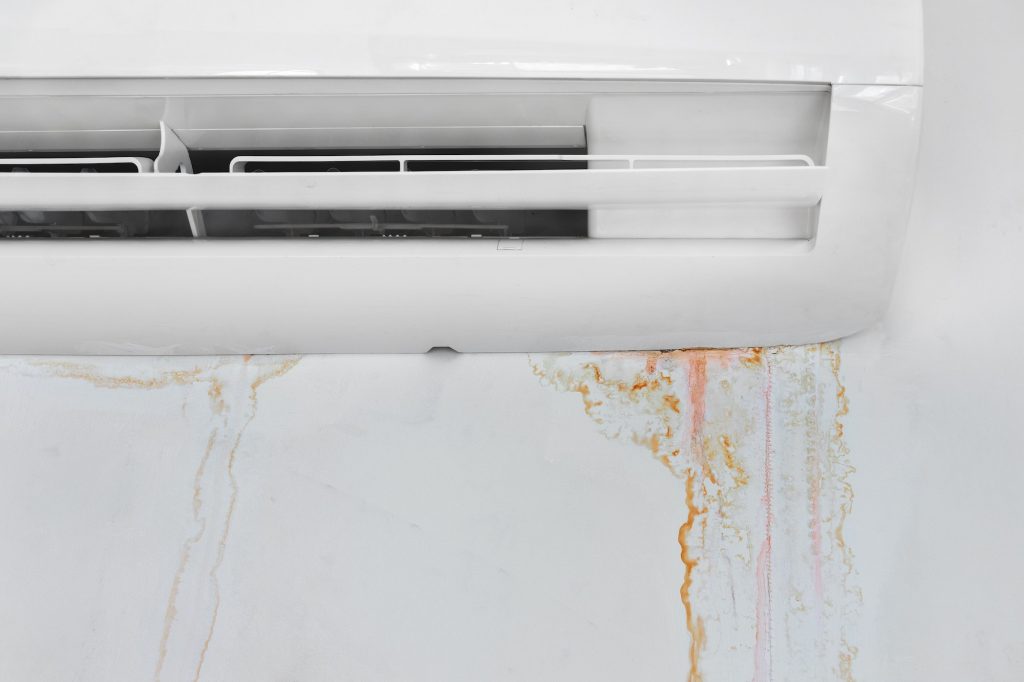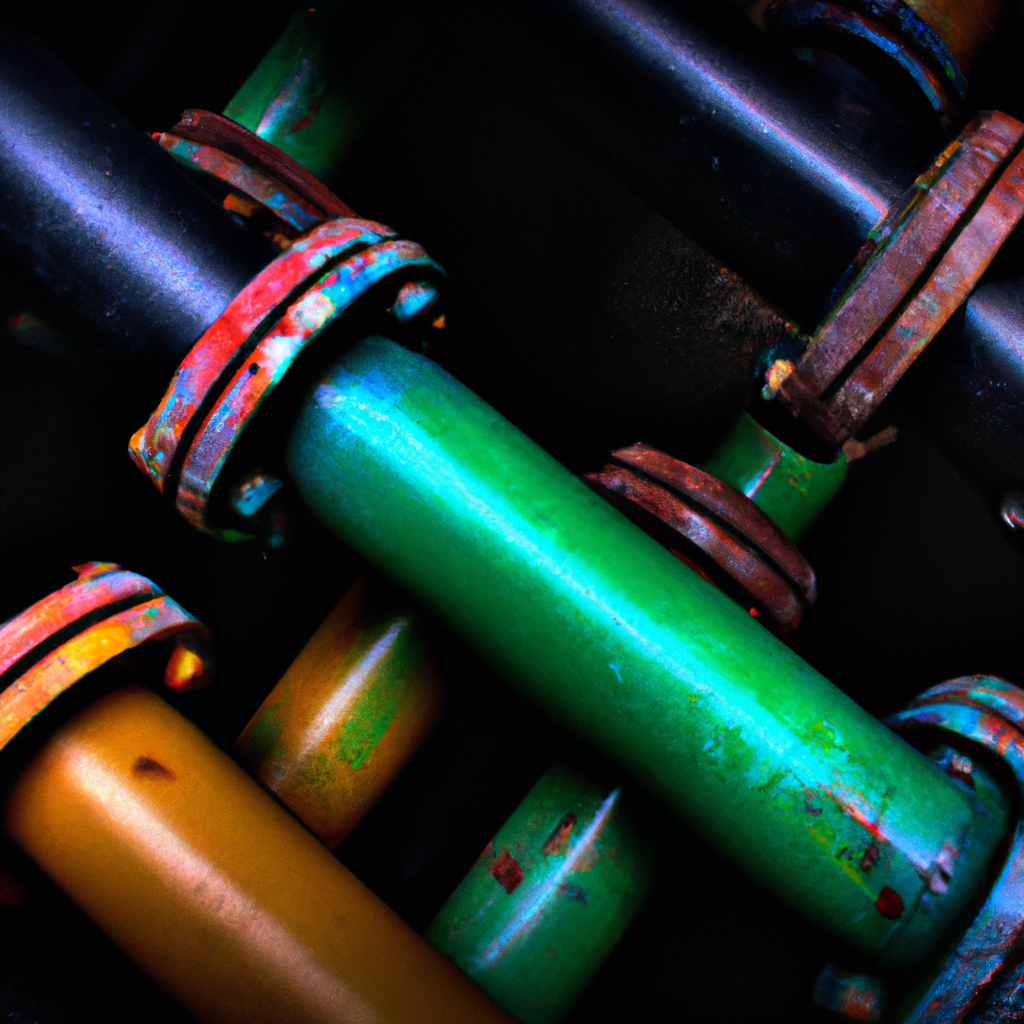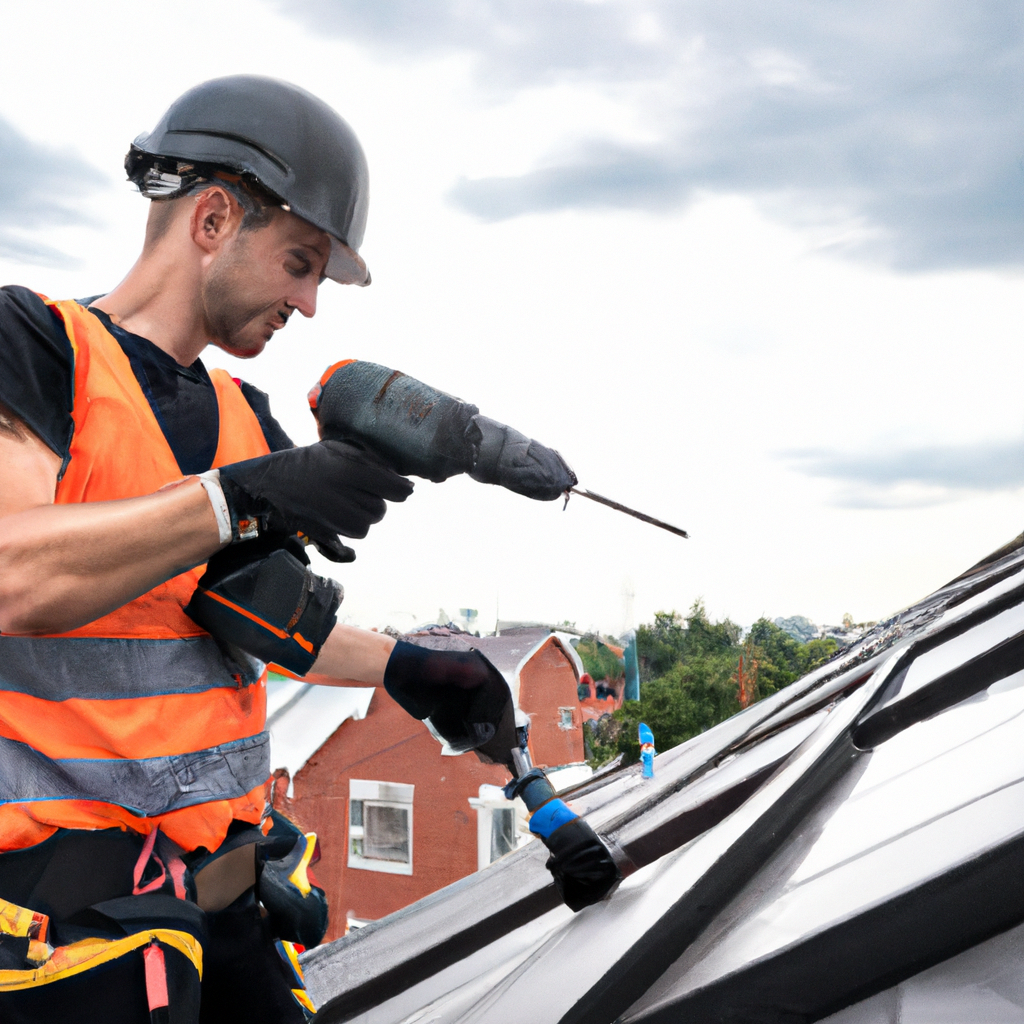Tips For Maintaining Your Water Heater and Avoiding Costly Repairs
Your water heater is one of the most important systems in your home. A cold shower or a bursting leak could ruin your day, and a high energy bill due to a poorly maintained system can be costly to fix or replace.
Keeping your water heater well-maintained can extend its lifespan and reduce your costs. Follow these seven tips for maintaining your water heater and avoiding costly repairs.
Check the Anode Rod
If your water heater is showing signs of corrosion, there’s a good chance that it has an anode rod that isn’t working properly. It’s a critical part that protects the tank lining, and it should be checked regularly.
Plumbers call it the sacrificial lamb of your hot water heater, but there’s no question that a properly functioning anode rod can improve the lifespan of your tank. The rod is made of magnesium or aluminum, and it corrodes over time to collect sediment that would otherwise get into the heater and cause it to break down.
It’s important to replace your anode rod when it starts showing symptoms, because you don’t want to find yourself dealing with a costly repair later on. The length of your anode rod’s lifespan depends on the chemistry of your water and how often you use your water heater.
Flush It Once a Year
As with any other system in your home, routine maintenance is important to keep your water heater functioning at its best. If you neglect the task, sediment and other minerals can build up in the tank, reducing its efficiency and shortening its lifespan.
If you want to keep your water heater running smoothly and avoid costly repairs in the future, you should consider flushing it once a year. This is particularly crucial if you live in an area with hard water or if you have a tankless model.
To flush your water heater, simply turn off the power supply and open up the drain valve. Then, allow a cycle of 5 minutes of water flowing and 5 minutes of non-flowing for three times.
Inspect the Flue
Keeping the flue in tip-top shape is important to ensure your water heater is safe and working properly. If you don’t inspect your flue regularly, it can lead to costly repairs down the road.
A professional chimney sweep can check your flue from the outside and inside, and they can also scan it using video equipment to look for cracks and other problems. This is an additional service that can cost you more, but it can be worth the extra expense if you’re worried about your chimney.
A chimney sweep is trained to look for things that a homeowner might miss, including creosote build-up and signs of water damage in or near your flue. They can clean out these issues, and they can repair a crack if necessary, so that you’re not at risk of fire or carbon monoxide poisoning.
Change the Filter
Sediment is something that can be very harmful to your water heater over time, especially if it’s not taken care of. Taking the time to change your filter can be an excellent way to keep your heater working for longer and avoid costly repairs.
Changing your water heater filter can be a simple and quick process. However, it’s important to make sure that you don’t get the filter too tight as this can cause leakage or damage to your tank.
A single element sediment filter will preserve the life of your heater by protecting the flow switch from debris and will also help to increase it’s performance and efficiency. This will save you money over the long haul, making it a wise investment for your home.







